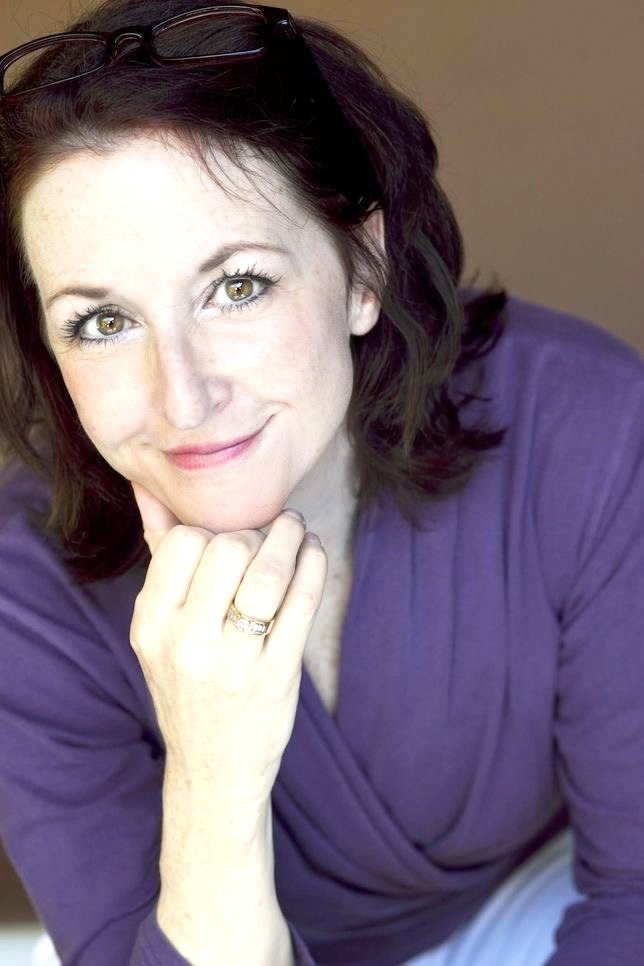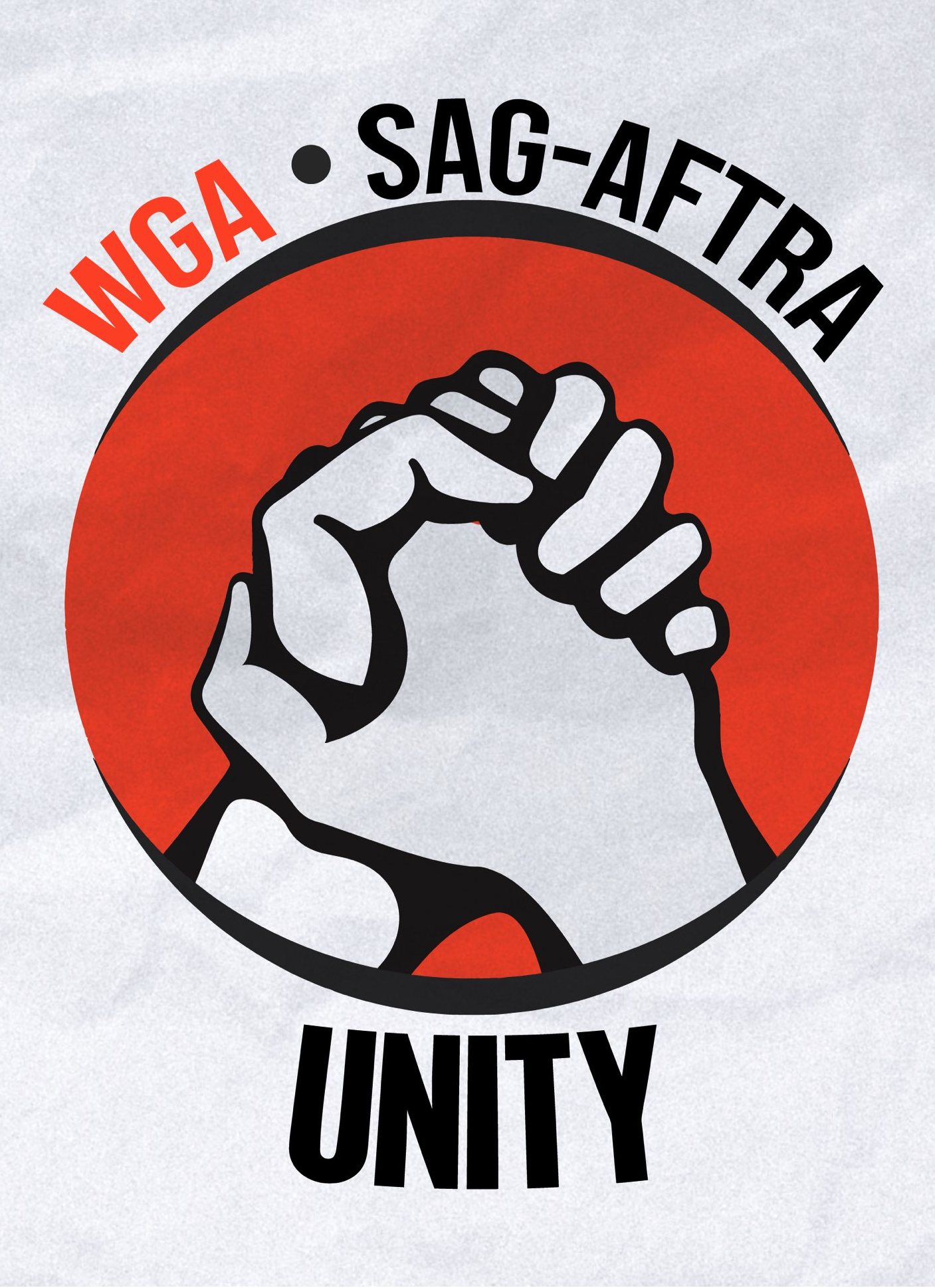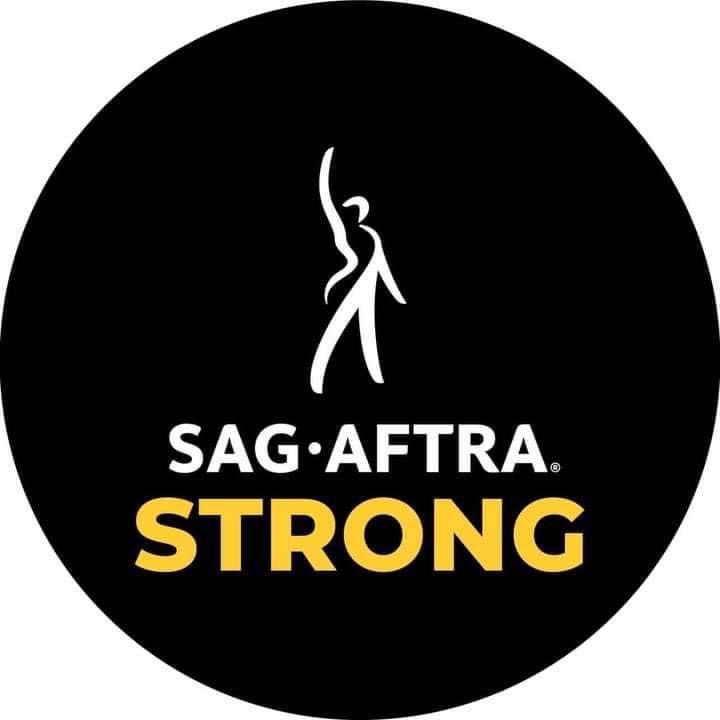|
SAG-AFTRA STRIKE Historic SAG-AFTRA Strike Is An Industry Game Changer: Setting Pay & Work Standards For All July 27, 2023  By Kate McClanaghan By Kate McClanaghanVoice Actor & Coach Copyright © 2023 by Kate McClanaghan. All rights reserved. Whether you're a SAG-AFTRA (Screen Actors Guild & American Federation of Television & Radio Artists) member or not, you know that the American actor's union has joined with the Writer's Guild (WGA) in an historic strike that will continue to be an industry game changer. And it's bringing about some of the most dramatic impacts to the entertainment industry we've witnessed since the advent of recorded media itself. Did that get your attention? Hope so. Buckle up, Gang. This thing just got very real, especially when it comes to the most virtual aspect of the work we do as professional talent. Regardless of your union affiliations, the outcome will most certainly impact our business as voice actors, considering:
TARGETING STUDIO BOSSES The key target we're demanding change from is the AMPTP, the top brass studio execs (for CBS, ABC, Disney, Paramount, Netflix, AppleTV+, Warner Brothers, NBC Universal, Amazon Studios and Sony), who set the tone and pay scale for the industry as a whole. Like every other industry across the country, the studio bosses (producers) hold the purse strings, set the industry's business standards and practices, and ultimately benefit most from the great wealth disparity generated from the shifts and grifts we've experienced in recent years. The problem, to quote SAG-AFTRA President Fran Drescher, stems from a business model that only benefits the top brass:
The well-documented, unparalleled increase in revenue studio producers currently receive rivals the overwhelming inequity historically reserved for the robber barons who benefited most from the Industrial Revolution of the late 1800's, and from which the Gilded Age sprang, that inevitably benefited only a precious few. What we're currently witnessing is the most uneven distribution of wealth in history, which far surpasses the record-high watermark ever previously set in the history of commerce. That lack of equitable income is long overdue for a course correction to properly compensate rank and file workers for their contributions to all manner of production. The changes that will (hopefully) come from the solidarity of these unions will most certainly impact and influence industry precedence at every level for years to come, for better or worse. STRIKING TO RENEGOTIATE  The strike was called by SAG-AFTRA and the WGA members who've weathered the many volatile industry changes that have contributed to the dramatically altered metrics to which actors and writers have been compensated, even prior to the pandemic. The strike was called by SAG-AFTRA and the WGA members who've weathered the many volatile industry changes that have contributed to the dramatically altered metrics to which actors and writers have been compensated, even prior to the pandemic.Unfortunately, the AMPTP have had no interest in renegotiating their terms. Why should they? It's largely weighted in their favor. And, as luck would have it, they also control the media and therefore the public narrative covering the largest strike in our industry's history in more than 60 years. Both the WGA and SAG-AFTRA have made repeated attempts to renegotiate these issues for years now. Yet, again, the studio heads haven't had any incentive to modify their approach, especially considering it's been as lucrative as it's been in their favor to maintain the status quo. So now, as we're forced to confront the inequity of compensation, both consumers and creators of AI content are left exposed and vulnerable, personally and professionally, to proceed as is without employing effective standards to better navigate the advancing technological landscape with which our crafts are uniquely bound. WARNING ABOUT AI Earlier this year, top tech experts representing literally thousands of the world's leading tech scientists, went on record, meeting directly with Congress with an unprecedented (and frankly dire) warning: insisting we move quickly to impose safety guidelines on AI as soon as humanly possible. Well, dust off your Upton Sinclair. Virtual Reality (VR) has become as real as it gets for possibly the first time ever. We've never had as much media as we have today, and yet we've never made so little as professional craftsman and content creators. Unfortunately, today far more is expected and required of us as creative professionals for barely a fraction of what we once were paid to do barely a decade ago. So, when the AMPTP state they've offered actors and writers "the largest pay increase in history", it's important to understand that the statement doesn't mean that the rate increase bridges the overwhelming stopgap needed to overcome the current cost of living demands we face today and going forward. Just as in Sinclair's day, more than a hundred years back, the overwhelming wealth the studio execs are currently enjoying could never have been achieved without the hard work, expertise and personal sacrifice of the actors and writers who have, conversely, seen their pay and job security erode, especially since the advent of streaming. STRUGGLING TO PAY BILLS Scores of rank-and-file talent are forced to struggle to pay their bills and to keep a roof over their heads. NOT the execs! According to Oxfam, the studio heads:
And in the past decade, "the richest one percent had captured around half of all new wealth." For greater perspective, the top 10 highest-paid Hollywood executives in the last 5 years includes:
Source: CNBC.com. ACTORS & WRITERS GENERATE REVENUE So, the next time you hear a studio exec make the tone-deaf claim that the actors and writers who are striking (with the intention of improving their bottom line and yours, while their bosses rake in an obscenely excessive windfall for the six consecutive year), aren't "being realistic," consider the fact this industry has generated an unprecedented more than 40% increase in revenue that could, should and can benefit scores of artisans who craft our collective culture without hurting anyone's bottom line. And when we're appropriately compensated, we can set the tone for sharing the wealth for all manner of laborers and industry, not just in entertainment. It's just good business. NON-UNION TEMPTATION  And even though the strike is reserved to union film, television, streaming and AI contracts, and is expected to continue well into the fall and beyond, if necessary, certainly many of our non-union counterparts will be tempted to take advantage of the various "opportunities" that may present themselves as this strike wages on. And even though the strike is reserved to union film, television, streaming and AI contracts, and is expected to continue well into the fall and beyond, if necessary, certainly many of our non-union counterparts will be tempted to take advantage of the various "opportunities" that may present themselves as this strike wages on.However, I must caution you if you erroneously assume that no one will find out if you accept union work of this type during the strike - they will. If you rationalize that "it won't matter if I accept the odd job or two," think again! It does matter. Have some integrity and support the people who are putting everything on the line so that we all have work that supports us in the future! I hope you understand that accepting union gigs during the strike undermines the best efforts of your artistic colleagues and friends, and that you'd only be sabotaging your own future earnings and impending professional career. So, we strongly suggest that you do NOT accept any work intended for film, TV, streaming or AI, whether you're a union member or not - and whether you're an on-camera or a voice over talent for that matter! NON-AFFECTED BY STRIKE The work that's not affected by the strike, regardless of union status, is commercial and corporate narrative (Industrial) work, both on- and off-camera. If you have questions or concerns, contact SAGAFTRAstrike.org. We'll do our best to keep you up to date with developments as the strike proceeds. ------------------- ABOUT KATE Kate McClanaghan is a seasoned casting director, producer, actress,
writer,director, industry career consultant, acting coach and prolific
demo producer. Kate founded both BIG HOUSE CASTING & AUDIO and
Actors' SOUND ADVICE more than 30 years ago. She's written 10 books on
acting, voice over, and navigating the industry, including The Sound
Advice Encyclopedia of Voice-over & theBusiness of Being a Working
Talent and How to Get a Talent Agent for Acting &VoiceOver. Email: kate@bighousecasting.com |
Tell Us What YOU Think!
Please Note: Since we check for spam, there will be a slight delay in the actual posting of your comment.
Comments
No comments have been posted yet. Hurry, and you could be the first!










click for new article alerts